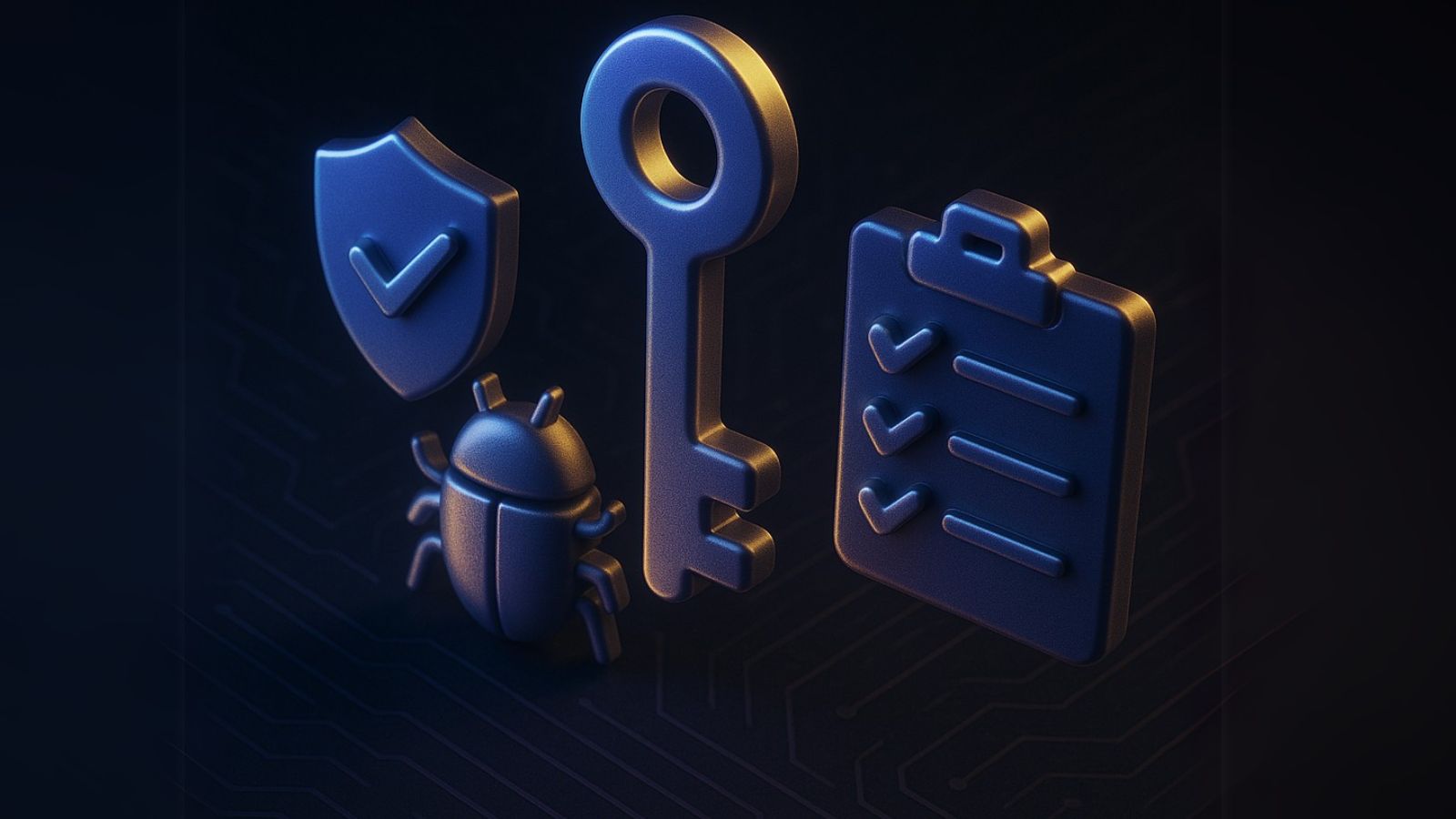Secure Shell (SSH) is a protocol that enables secure communication over unsecured networks, primarily used for remote login and command execution. A fundamental component of SSH’s security is its use of cryptographic keys for authentication and encryption. These keys come in various types, each employing different algorithms with unique characteristics in terms of security, performance, and compatibility. Understanding these differences is crucial for selecting the most appropriate key type for your specific needs.
RSA (Rivest–Shamir–Adleman)
Overview: RSA is one of the oldest and most widely used public-key cryptographic algorithms. It relies on the mathematical difficulty of factoring large composite numbers, which forms the basis of its security.
Key Length: RSA keys are typically generated with lengths of 2048 or 4096 bits. Longer keys offer enhanced security but require more computational resources.
Security Considerations: While RSA remains secure, advancements in computational power have led to recommendations for using longer key lengths to mitigate potential vulnerabilities. A key size of at least 2048 bits is recommended for RSA; 4096 bits is better. citeturn0search2
Compatibility: RSA is universally supported across SSH clients and servers, making it a reliable choice for diverse environments.
DSA (Digital Signature Algorithm)
Overview: DSA was once a common SSH key type but has been largely deprecated due to security concerns. It is based on the difficulty of computing discrete logarithms.
Key Length: Standard key length is 1024 bits; longer keys are possible but not commonly used.
Security Considerations: DSA is susceptible to certain cryptographic attacks and is no longer recommended for new deployments. In fact, DSA is now considered weak and was disabled in OpenSSH 7.0. citeturn0search12
Compatibility: Support for DSA has been phased out in many SSH implementations, including OpenSSH, which disabled DSA keys by default starting from version 7.0. citeturn0search12
ECDSA (Elliptic Curve Digital Signature Algorithm)
Overview: ECDSA utilizes elliptic curve cryptography, offering comparable security to RSA with shorter key lengths, resulting in faster performance.
Key Length: Common key sizes are 256, 384, or 521 bits.
Security Considerations: ECDSA provides strong security but relies on the quality of the random number generator used during key creation. Poor randomness can lead to vulnerabilities.
Compatibility: Widely supported in modern SSH clients and servers; however, some older systems may lack ECDSA support.
Ed25519 (Edwards-curve Digital Signature Algorithm)
Overview: Ed25519 is a modern algorithm designed for high performance and security, utilizing elliptic curve cryptography. It is a specific instance of the EdDSA signature scheme.
Key Length: Fixed at 256 bits, offering a balance between security and efficiency.
Security Considerations: Ed25519 is considered highly secure and is resistant to many cryptographic attacks that affect other algorithms. It is designed to avoid implementations that use branch conditions or array indices that depend on secret data, mitigating side-channel attacks. citeturn0search14
Compatibility: Supported in recent versions of SSH clients and servers; older systems may require updates to utilize Ed25519 keys.
Choosing the Right SSH Key Type
General Use: RSA keys are widely supported and suitable for most applications, especially when compatibility is a priority.
Performance-Critical Environments: ECDSA and Ed25519 offer faster performance with shorter key lengths, making them ideal for systems where computational efficiency is essential.
High-Security Requirements: Ed25519 is recommended for environments demanding the highest security standards due to its resistance to various cryptographic attacks.
Considerations:
- Compatibility: Ensure that the chosen key type is supported by all clients and servers in your environment.
- Security Policies: Adhere to organizational security policies and compliance requirements when selecting key types.
- Performance Needs: Assess the performance implications of different key types, especially in resource-constrained environments.
In summary, while RSA remains a reliable and widely supported option, modern algorithms like ECDSA and Ed25519 provide enhanced security and performance benefits. It’s advisable to evaluate your specific needs and infrastructure to choose the most appropriate SSH key type.





